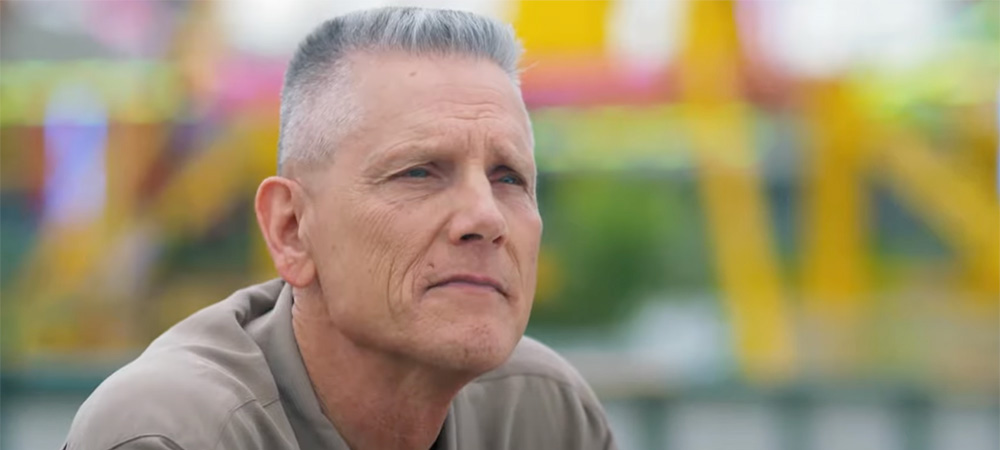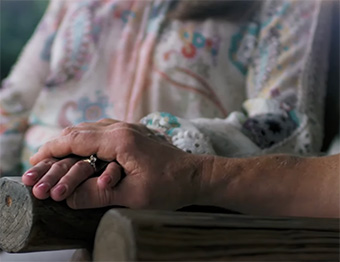Richard sheds “happy tears” after depression lifts with NeuroStar TMS

Many people with major depression experience profound release after NeuroStar Transcranial Magnetic Stimulation (TMS) therapy. TMS is a non-invasive procedure that can offer hope and relief for people navigating severe depression.
Depression is the leading cause of disability worldwide, according to the World Health Organization. Many people with depression feel alone, even though they are not, statistically speaking.

We hope to answer common questions about NeuroStar TMS therapy. Learn more about Richard’s story by reading this article or watching his experience with NeuroStar TMS.
“I am no longer battling depression,” Richard reflects
Depression manifests differently for each person, as documented in nonfiction books like Andrew Solomon’s The Noonday Demon: An Atlas of Depression. For Richard, depression began appearing in his teenage years.
Richard and his wife, Elsa, fell in love and dated for “about eight years. Then we got married,” Richard shares. “After about the fifth year I finally let her know (re: depression). I was that good at hiding it.”

When she learned about his depression, Richard’s wife, Elsa, offered compassion and support. She also learned about NeuroStart TMS therapy online and asked her husband if he wanted to ask his doctor about it. Before considering TMS, Richard had tried medications, which for him, were not helping. When he learned he was a good candidate for NeuroStar TMS, he agreed to try it.
“For 29 years now we’ve been married and I am no longer battling depression,” Richard shares.
After years of depression, learning to be happy again is a process
The process of receiving TMS therapy involves reclining in a chair while a small magnetic coil stimulates areas of the brain that are underactive for people with depression.
“Depression was like I had clouds in my mind,” Richard begins, “and when I was doing the treatments, and I started feeling better, it was just kinda like the clouds were separating and opening up.”

Richard found he was able to enjoy activities again. Other changes required effort. “You have to learn how to be happy again, I think, when you’ve had depression. You need to have a commitment to the process,” Richard says.
During NeuroStar TMS therapy, the facilitators “help you and they make you feel great,” Richard shares. “I love NeuroStar,” he adds with a soft smile.
“They took care of me. They made me better. These aren’t sad tears. These are happy tears.”
If you are curious about NeuroStar TMS therapy, we can help answer your questions.
For TMS therapy in Redding, schedule an appointment
NeuroStar TMS is available at Psychiatric Care Center in Redding. We are the only psychiatric center to offer TMS Neurostar in Redding and the greater Redding area.
To learn more about TMS, request an appointment in Redding or call (530) 221-7474 to speak with a healthcare professional.





